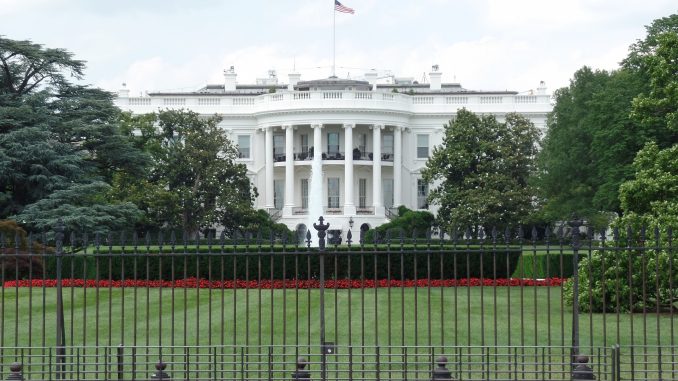
Representatives from three of the most influential social media sites; Facebook, Google and Twitter are facing congress in the US over allegations about the Russian propaganda used in the 2016 election. Congress is investigating claims that the companies were aware of the campaigns, and were too slow in acknowledging their role in information sharing.
In October 2017, representatives confirmed that they were aware of the existence of the social media campaigns which were designed to influence American voters. It’s believed that an estimated 3000 political adverts and organic posts purchased by Kremlin directed trolls had reached up to 150 million voters. The hearing covered the companies’ knowledge of the campaigns at the time of the election, as well as how much information they’ve acquired in the time since.
What are the accusations?
The “troll farm” run by Putin confidant Yevgeny Prigozhin in St Petersburg, has beem accused of producing the content which reached thousands of US citizens during the election campaign. The House Intelligence Committee plans to release this information publicly. The content has been described by Facebook as “divisive social and political messages across the ideological spectrum, touching on topics from LGBT matters to race issues to immigration to gun writes.”
Formal accusations have since been made to the Russian government, who are believed to have been trying to undermine the general election last year. President Obama ordered the expulsion of 35 Russian diplomats who were accused of being spies, and a declassified report was released detailing the meddling in the election. The report also draws attention to the fact that President Vladimir Putin had a “clear preference” for Donald Trump to win the election. The Russian government denies these accusations.
Response to the claims
The three companies will speak to congress to defend their role in data sharing, as well as to claims that they were aware of the propaganda claims during the election. Sean Edgett, Twitter’s representative, said that “Twitter had likewise observed a wide range of automated and malicious activity surrounding the election”. Twitter had removed thousands of accounts during the election which it believed were related to the Russian campaign; however the representatives still agreed more could have been done to prevent it reaching voters.
The representative from Google, Richard Salgado claims that Google were reviewing all its platforms in order to “understand whether individuals that appear to be connected to government-backed entities” were involved in propaganda designed to interfere with the election. Google had identified multiple YouTube channels which were thought to be connected to the trolls. It’s estimated that the videos were viewed around 309,000 times.


Leave a Reply